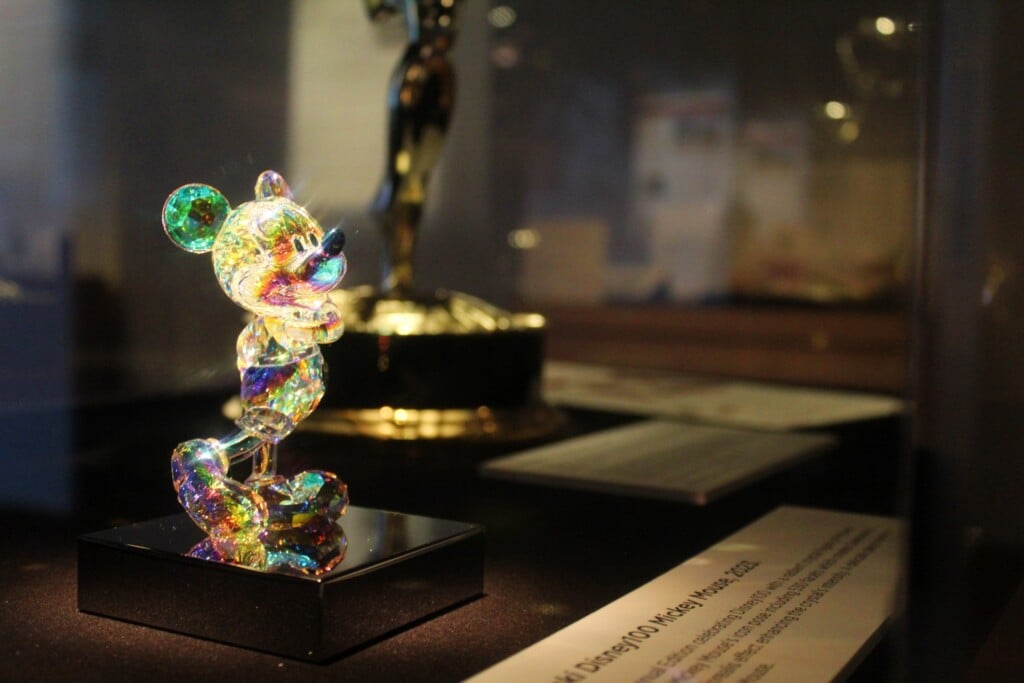New Eyes
Let’s talk childishness, Kansas City. I saw you in line last weekend, buying tickets for 300 or Wild Hogs, sucking your monstrous sodas, wearing those new team-logo sweatpants that every other culture in the world disdains as the pajamas they are. I heard a couple debating World of Warcraft ethics, I saw a septuagenarian reading Eragon in front of the Nelson, and I felt myself in one of those clouds that sometimes lingers over Charlie Brown. In a culture nearly scraped clean of anything grown-up, why do I get shit every time I say that the Coterie Theatre is putting on the best show in town?
Well, it is — this time with a world premiere of The Country of the Blind, Frank Higgins’ marvelous adaptation of a story by H.G. Wells. On every level, from script to staging to acting, it’s such a feat of imagination that just watching it — and rising to its ideas — I felt as though I’d accomplished something.
Set in the land of its title, an Andean valley where the eyeless natives lack even the concept of sight, The Country of the Blind demands that its audience imagine blindness. Two of the actors are blind, and all but one of the cast is blindfolded, a conceit with an exhilarating payoff. Watching this cast feel its way around, clinging to one another, we immediately believe in this kingdom of the blind. Soon, we believe something greater: A life without sight might boast beauty that we can’t imagine.
Higgins and director Martin English thicken the story with ideas and surprises. Our hero, Eduardo (Lucian Connole), a one-eyed boy from our world, seeks the country of the blind. There, he believes, he will naturally be king. Once he discovers their matriarchal queendom, Eduardo continually lords his sightedness over the blind; to them, though, he may as well be speaking of ESP. In fact, after he falls for young queen-to-be Melinda (a dazzling Vanessa Severo), we realize that to acknowledge sight for Melinda’s people — a musical, somewhat egalitarian lot — would be to acknowledge weakness.
And they’re anything but weak. More than once, they capture Eduardo, and they force him to make an unbearable choice. (The staging of the key scene bests the Rep’s handling of a similar moment in King Lear by an order of magnitude.)
As usual with a Coterie show, this thing is crafted. Heidi Stubblefield provides evocative masks for the exciting, pantomimed opening, and the sets and costumes (from Jon Cupit and Georgianna Londre) are at once fanciful and earthbound. More impressive is the immersive sound mix. What engineer David Kiehl and music director Kit Bardwell have come up with could work as a top-flight radio drama.
By the end — a heartbroken dance beneath a luminous moon — I felt that childlike joy our entertainment always pimps us but never quite hits.




